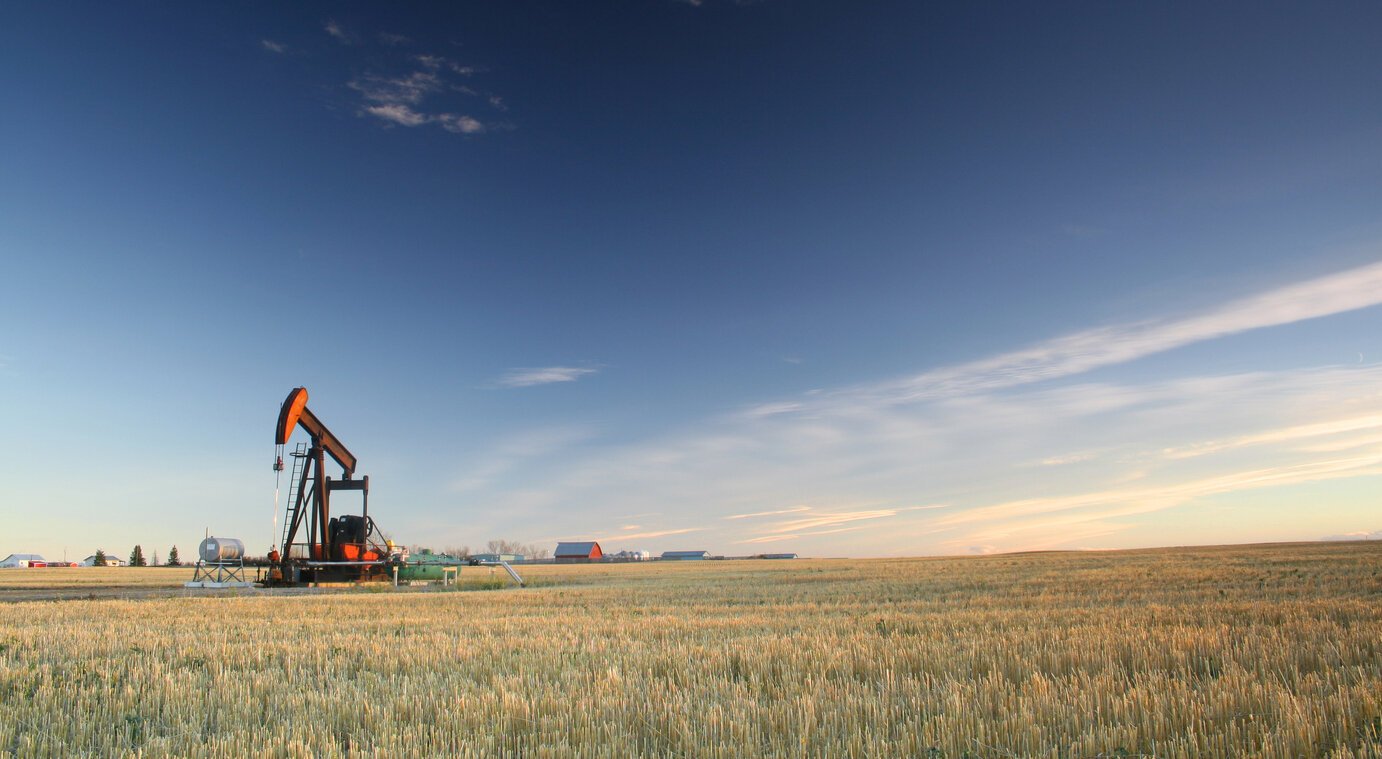
How Long Do Mineral Rights Last?
As a dealer of mineral rights, Enfield Minerals buys subsurface rights throughout the United States, focusing its attention on specific areas of interest. Given our expertise, many people rely on us to answer their questions about all things related to mineral rights, and we’re always happy to respond to their inquiries.
If you look through our list of FAQs, you’ll find answers to common questions related to buying and selling mineral rights. Based on the knowledge you’ll gain, you may wonder how long mineral rights are good for. While there’s no hard and fast answer, it is possible for mineral to expire.
Mineral Rights vs Surface Rights
Most people assume they own the land and everything underneath it when they purchase a piece of property, but that’s not always the case. Although you’ll own the surface of the property, another entity may own the ground underneath or your property’s mineral rights.
Owners of mineral rights have the right to exploit or extract the minerals the underlying ground contains. Solid minerals aren’t the only things that might be extracted. Oil and natural gas are examples of other riches that might be recovered. Just like you’ll own a property’s surface until you sell or bequeath it, you’ll retain ownership of your mineral rights unless you decide to sell or lease them before you relinquish your ownership of the property.
Leasing
It’s not uncommon for property owners to lease their mineral rights to an entity like an oil company that has the equipment and expertise to extract the riches under the surface. When you contact our mineral rights company, we’ll explain that this sort of arrangement gives the lessee the right to access the ground under the surface along with the surface area needed to extract the elements they’re after.
Property owners are compensated throughout the lease’s term. That term is often divided into two sub-terms, primary and secondary, that combine to last anywhere from one year up to two decades.
Although the laws vary by state, a mineral rights lease will expire if no production activity takes place before the end of the primary sub-term. If production is active at the end of that term, the lease will automatically extend into the secondary sub-term. As long as activity doesn’t lapse for more than 60 – 90 days, the secondary sub-term will continue until its agreed-upon conclusion. A surface owner can terminate a lease if there’s a delay with royalty or rental payments.
Do you want to learn more about mineral rights and how long they last? Contact Enfield Minerals today.
